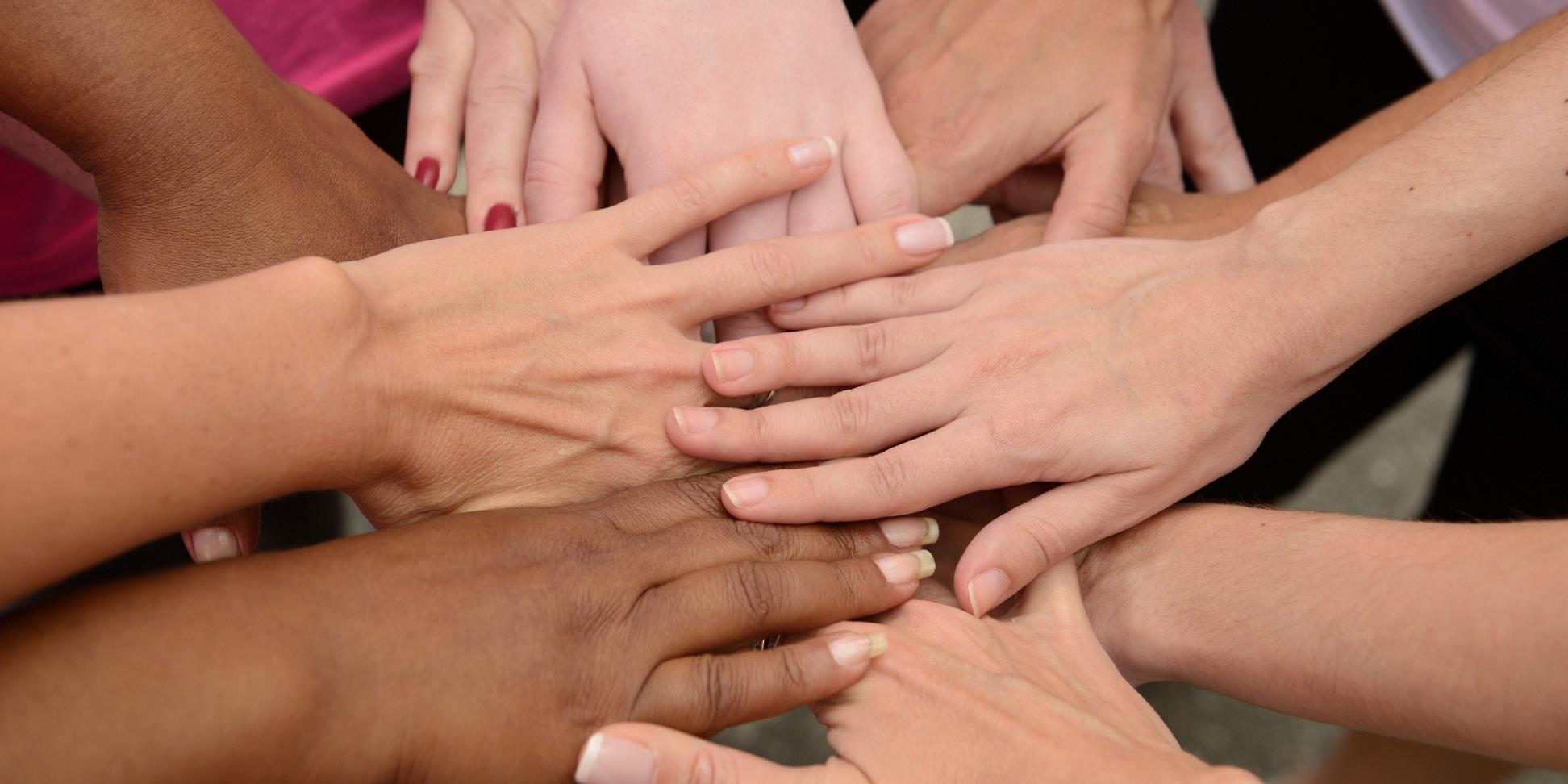
The Support Advocacy, Freedom, and Empowerment (SAFE) Center for Human Trafficking Survivors will become part of the School of Public Health this month.
Formed through the MPowering the State initiative that draws on the complementary strengths of the University of Maryland, College Park (UMD) and University of Maryland, Baltimore (UMB), the SAFE Center provides comprehensive legal, case management, mental health, primary medical and economic empowerment services to U.S. and foreign-born adult and child survivors of sex and labor trafficking. The center also engages in research and advocacy to help prevent trafficking and improve survivor services.
“Human trafficking is a public health issue,” said School of Public Health Dean Boris Lushniak. “To tackle it we must complement the criminal justice and social service response with prevention strategies targeted to specific populations. Our School of Public Health is uniquely positioned to partner with the SAFE Center on efforts to prevent trafficking, identify victims and provide evidence-based treatment and support for survivors.”
Human trafficking is a form of modern-day slavery in which force, fraud or coercion is used to compel women, children and men into commercial sex, forced labor and domestic servitude. The crime occurs throughout the United States, and Baltimore and the District of Columbia rank among the cities with the highest number of victims per capita.
“We are excited to establish a new home at the School of Public Health,” said SAFE Center founder and Director Ambassador Susan Esserman. “The school’s emphasis on prevention, health and wellness, and quality of life closely aligns with our mission of helping human trafficking survivors overcome the trauma of their trafficking and rebuild their lives.”
The SAFE Center’s newly established position within the School of Public Health recognizes the interconnected nature of human trafficking to other forms of violence and systemic inequities. The center’s efforts to fight human trafficking will benefit from the multifaceted, holistic approach that is central to public health.
School of Public Health faculty and students could be engaged to assess what health care providers across Maryland know about human trafficking and to train them to better identify and refer trafficking survivors for needed services.
“We want to engage the medical and health care communities in a systemic way because they are part of the front line in identifying human trafficking survivors,” Esserman said.
Since its founding in 2016, the SAFE Center has:
- provided services to more than 100 survivors of sex and labor trafficking;
- launched a 24/7 human trafficking crisis intervention program in Prince George’s County;
- held leadership roles on the human trafficking task forces of Prince George’s and Montgomery counties, as well as on Maryland’s state human trafficking task force; and
- expanded onsite provision of bilingual immigration and crime victims’ rights legal services, as well as bilingual mental health services.
The SAFE Center also just launched a pilot research project to determine the nature and prevalence of human trafficking in Prince George’s and Montgomery counties, and has taken a leadership role in advocating for the passage of several trafficking-related bills in the Maryland legislature.
In addition to its home base with the School of Public Health, the SAFE Center will continue its collaborative work with the Schools of Social Work, Law, Dentistry and Nursing in Baltimore; and the Schools of Public Policy and Business; and Colleges of Education; Arts and Humanities; and Behavioral and Social Sciences in College Park.
Related Links: